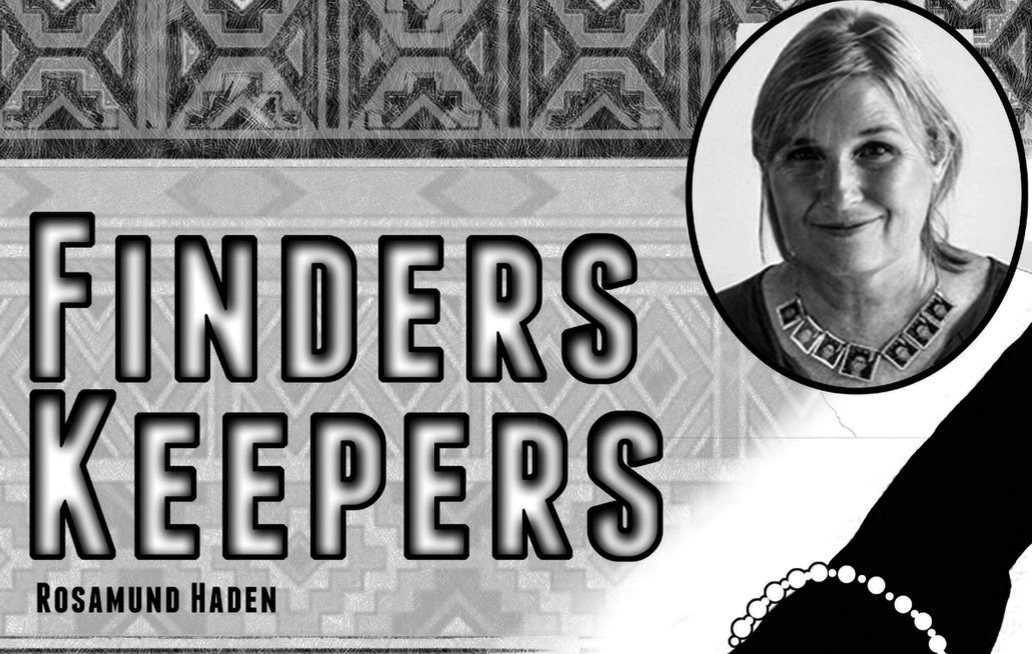Finders Keepers Grade 10 questions and answers in pdf downloadable format.
Quick summary of Finders Keepers Grade 10 book:
When 16-year-old Lufuno leaves Jozi to start a new life in Cape Town with her family, she is running from her past. She doesn’t realise it’s about to get even tougher. She is bullied at school for her dark skin and her Venda heritage, and her parents are not happy about her friendship with Mandla, a Xhosa chief’s son. When a strike at a factory where her parents work turns violent, it seems as though her whole world is about to explode.
Themes
Theme 1: Different kinds of Love
We all have different kinds of love in our lives. These kinds of love have the power to help us get over terrible things that have happened to us in our lives. They can be healing and supportive, as we understand that we do not have to be stuck in the past. We can form new relationships, and experience new love at any stage of our lives.
Parental or familial love is the connection between relatives or people who have grown up together. We don’t choose our family. This love can be between people who are biologically related (by blood), or people who are related by adoption.
Friendly (platonic) or affectionate love is between people who have chosen to be friends – usually people we have known a long time, or people in a similar school or community situation (context).
Romantic or sexual love is between two people who feel physically (body) and emotionally (feelings) attracted to one another.
Romantic love is the love that most people fantasise about or imagine. We often want our love to be the way it is in books or movies. But this is not realistic. Real love accepts us the way we are. We should be able to trust people, and we hope that they love us in the same way as we love them.
Theme 2: Prejudice versus Tolerance
We all belong to social groups. This can be because of our age, race, gender, sexual orientation, religion and so on. We are born into some groups (such as race). We can choose to belong to some groups (such as religion).
Sometimes these groups are in conflict (fight) with one another. Often a group has an unfair idea of what another group is like, without really knowing for sure. For example, some people are racist, sexist, homophobic (fear and hatred of gay people) and so on. When groups have unproven ideas about one another, we call this prejudice. Prejudice is making your mind up without really investigating a group/person properly or having real proof.
Prejudice is a problem because it makes individual people untrusting (suspicious) of one another. When it comes to making social rules and laws, governments can be prejudiced against a whole group. For example, Apartheid was extreme prejudice against people of colour. It was an unjust or unfair system because it asked people to make judgements about their fellow humans without knowing what they were really like. White people thought they were superior to black people. Apartheid caused great suffering for black people.
Theme 3: Individuals and Communities
We all have things that we want to do because they’re fun – see our friends, eat and drink delicious treats, listen to music and so on.
But we also all have duties and responsibilities to the rest of the people around us (our communities) – things like doing chores at home, studying consistently, having a paying job, or looking after siblings and relatives.
Sometimes we struggle to balance these two parts of us. We want to be true to ourselves, but we also have to be part of our families and societies.
Theme 4: The importance of family
Families have various challenges they face. They may band together to face difficulty together. There may be factors that seem to drive a wedge between family members.
Theme 5: Bullying
Bullying takes many forms. Consider the emotional and physical impact this has on people.
Theme 5: Violence
Related to bullying. There are various reasons why people become violent. Violence has an effect on the lives of others. Can the violence be justified?
Theme 6: Poverty and unemployment
The reality in South Africa is that many people struggle to find work.
Questions and Answers
Questions:
- Discuss the stress and challenges involved for a teenager having to move to a new province. Consider the impact it can have on friends, school, family, and relationships in general.
- Refer to ‘It’s Monday morning,…’ to ‘…to pave the way for me and give me courage.’ on pg. 2:
- Identify the figure of speech in this paragraph.
- Explain how this figure of speech adds to the description of what Lufuno is feeling.
- Why is Dudu on the forefront of Lufuno’s thoughts at the beginning of the novel? How big was the role Dudu played in Lufuno’s life?
- The first two pages of chapter one three different places (settings) that Lufuno found herself as she was growing up. In a table, identify the main similarities and differences.
- The bead bracelet made for and given to Lufuno by her grandmother is brimming with symbolic significance. Discuss the familial, cultural, and emotional importance of the
beads. - What significance does On the Rise Bakery play in the life of the Mukwevho family?
- Discuss the pun in the name of the bakery.
- Describe Mrs Jantjies and her sons in the opening scene of the novel.
- Would you say that Lufono’s words: “My first day and trouble has already sought me out” have any truth to them? Supply reasons for your answer.
- Lufuno is prevented from boarding the taxi to school on her first day. Who stops her
and what do you think their intentions are?
Answers:
Find more questions and answers for all chapters from the document below in pdf to help you prepare for the exam papers:





